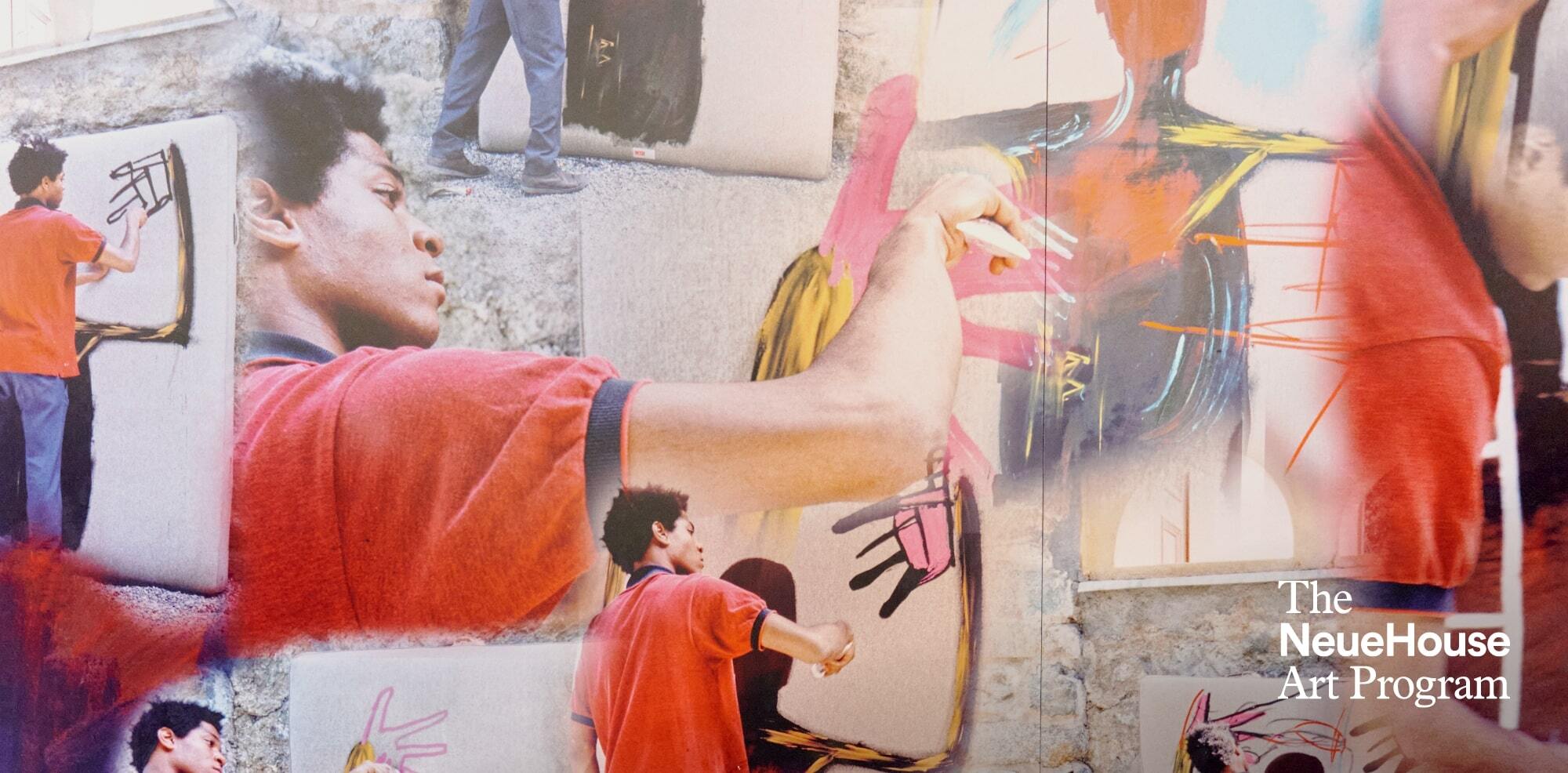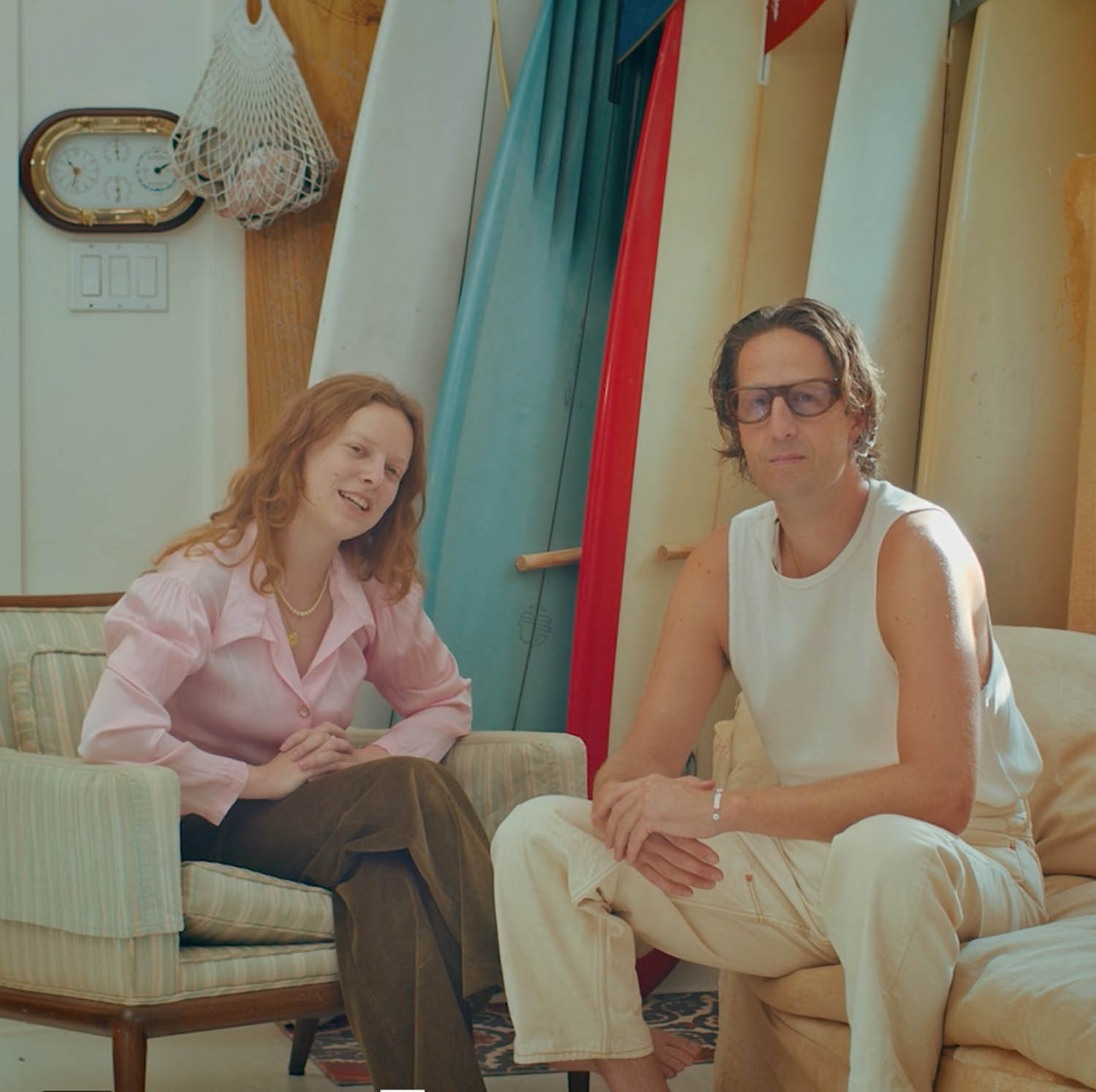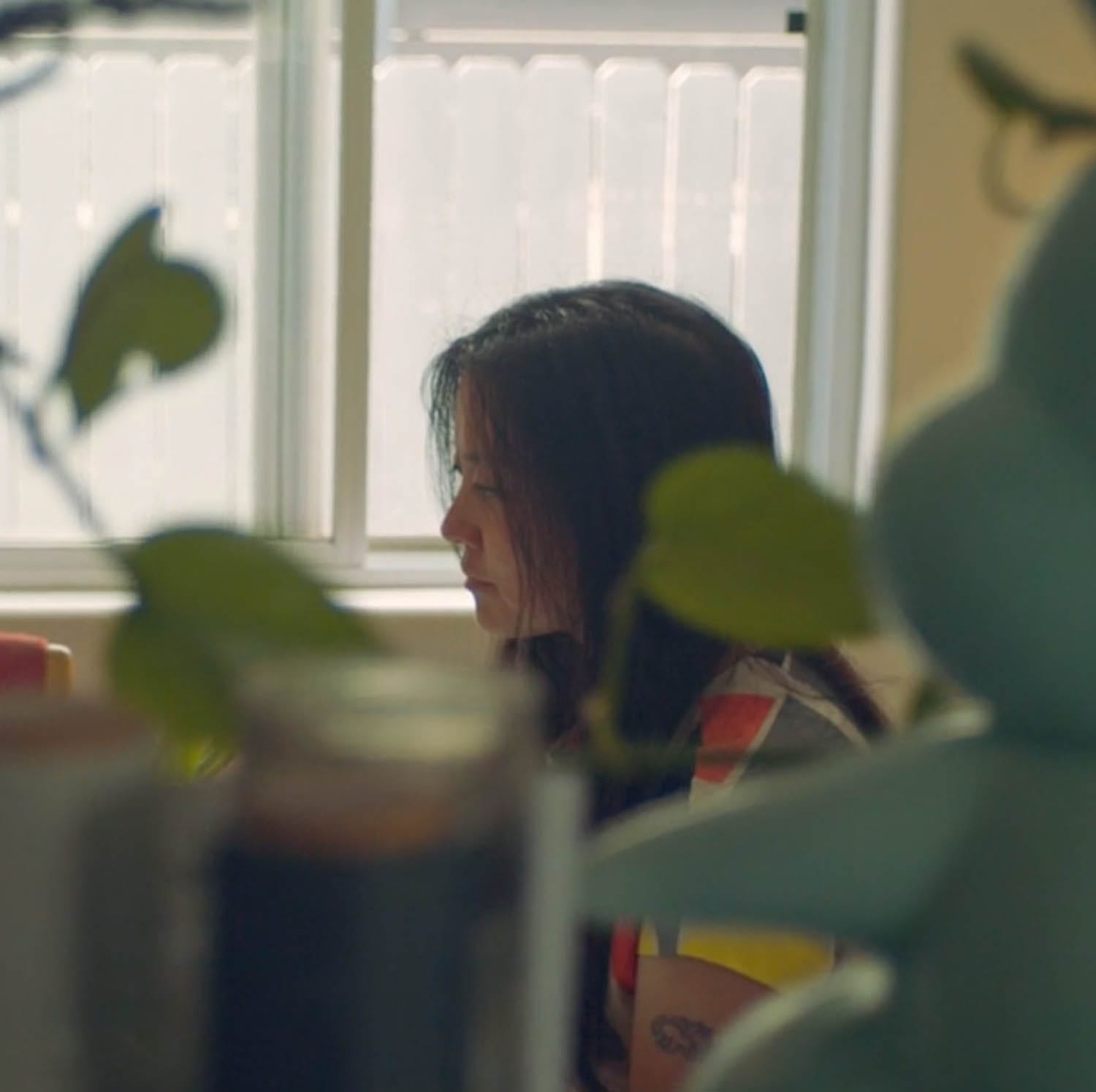Name: Lee Jaffe
Hometown: New York City
Currently living in: New Jersey
Briefly describe what you do: I am a visual artist, writer, musician and record producer
A metaphor for your creative process:
“Talkin blues, your feet are just too big for your shoes…” Bob Marley
or “I’m gonna pick myself up dust myself off and start allover again…” Peter Tosh
Current read or listen:
Paul Bowles’ Sheltering Sky and Lenny Kravits’ audiobook Let Love Rule, which is a memoir of his growing up and ends with the creation of his first album Let Love Rule, which he wrote and produced while he was living with his wife Lisa Bonet in my loft on Broome Street in lower Manhattan.
Something new you discovered in the past year that you can’t live without:
Vegan kimchi
A person or artwork that has impacted your own:
Helio Oiticica and his seminal installation from 1967 “Tropicalia”
Life hack:
Yoga
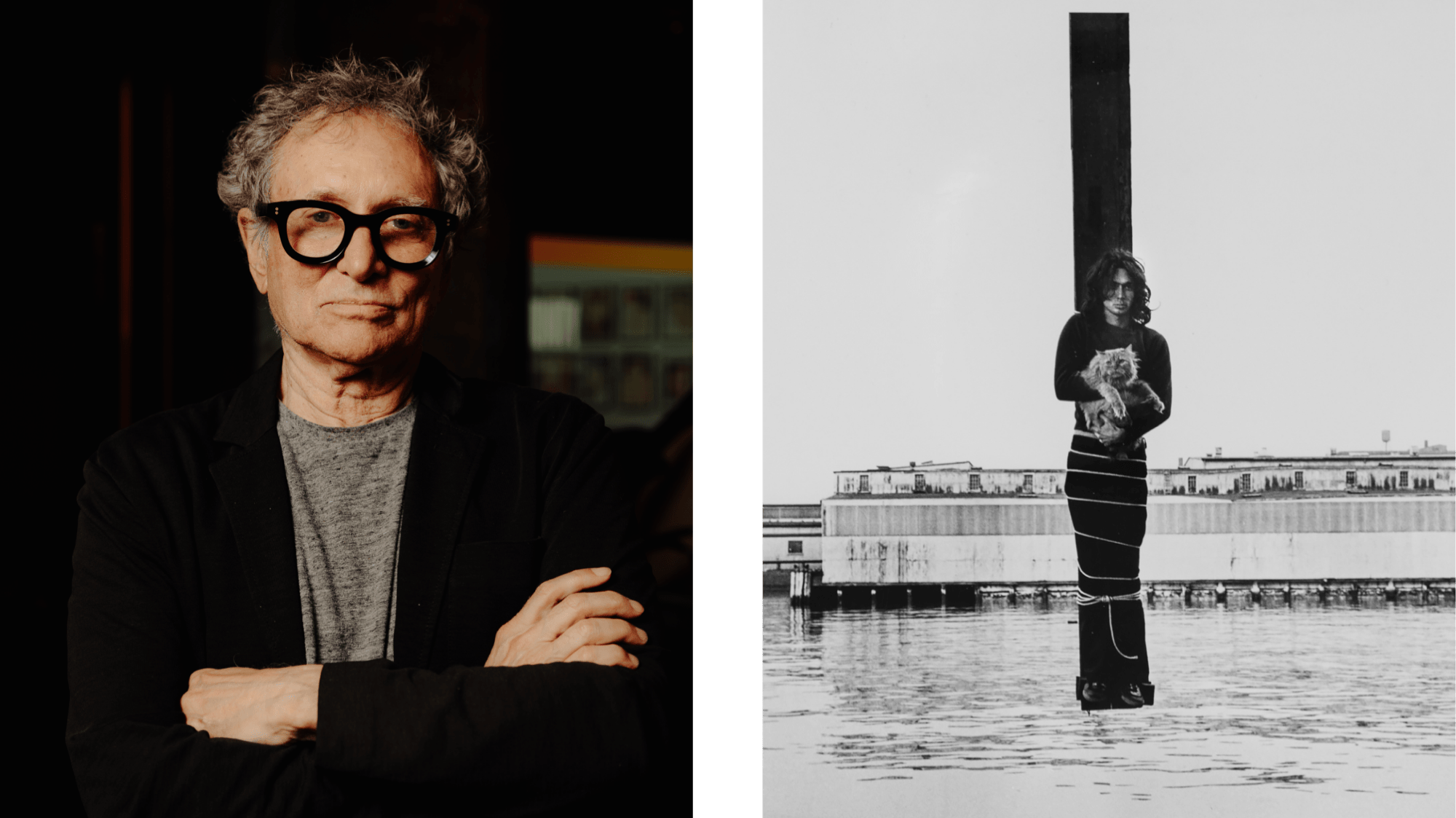
Lee Jaffe: When in college in the late 60’s, coming to the realization that my life was to be art making, I was determined not to be constrained by any defined category. I was serious about my poetry, I was a musician and fascinated with the photographic process so it made sense to want to conjugate the different disciplines. The common thread has been a concern for social justice and a deconstruction of race theory.
NeueJournal: Working with Bob Marley during the 1970s, you had a front-row seat to a defining era of reggae. What was it like traveling (and playing harmonica) with him, and how did that time influence your own perspective on music and culture?
Lee Jaffe: When I first met Bob Marley in a hotel room in NYC in 1973, I was visiting my friend, the musician and songwriter of the group Traffic, Jim Capaldi. Before even saying hello Jim said, “you have to hear this record.” It was the Wailers’ not-yet-released first album for Island Records, Catch a Fire. The first cut on the album is a song called Concrete Jungle It goes:
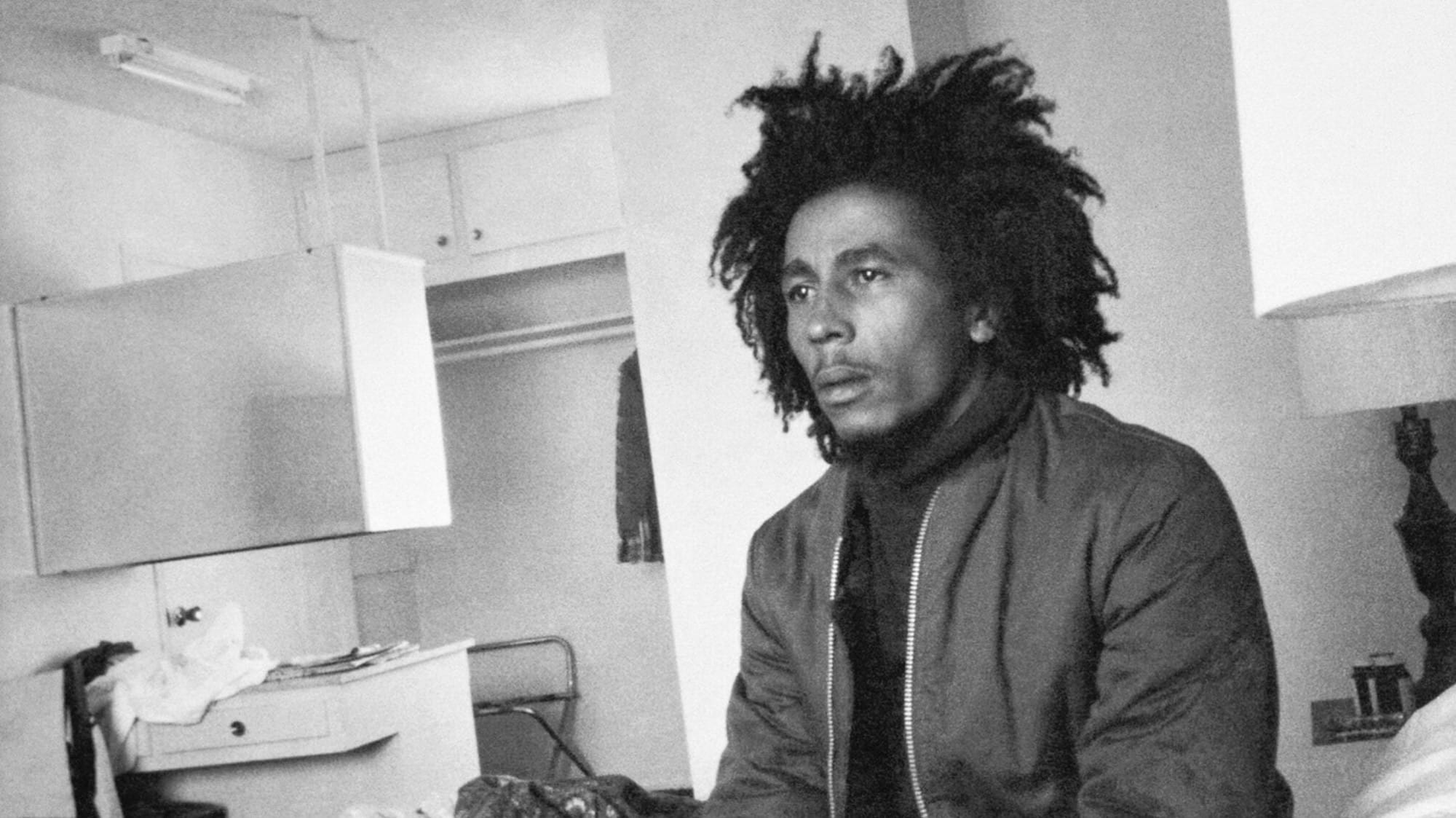
It shattered all preconceptions of the happy Caribbean native entertaining tourists sipping coconuts at a beachfront hotel. And Bob, silent and keenly waiting to see my reaction. He had this mystical aura about him—so powerful and at once humble that even in his silence, he was incredibly charismatic. And of course, he was profoundly good-looking—a living testament to the advocacy of miscegenation. It just all added up. The exquisite musicianship, stellar state-of-the-art production values, uncompromising social and political awareness, and the lyrics’ multilayered irony create a dichotomy of humor and undiminished tragedy. The record was to be released by the one record label—Island Records—that I felt with confidence could break the group on a global scale. After all, the label founder, Chris Blackwell, was Jamaican and therefore the one record company head who could have an innate understanding of the music. So when I was offered a room to stay at the house on Hope Road in Kingston, Jamaica, which had become the Wailers’ headquarters and rehearsal space, and the opportunity to work with the band by organizing the first North American tours, I jumped at the chance. I felt there was nothing more important that I could possibly be doing with my life.
And it also meant that I had Bob as a tour guide showing me the small but vast Jamaica, with its 7,000-foot-high mountains running through its core.
Interested in becoming a NeueHouse member?
Learn more about our membership at our houses in Hollywood, Venice Beach, and New York.
